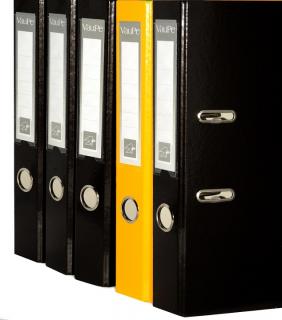1. Call of Duty: Governance Basics
Any system of governance must have the goodwill of the congregation. It is important that the board develop good policies, processes and procedures that allow for congregational input at appropriate levels of decision-making. But it is even more important that the leadership, especially the board of trustees, serve as faithful Unitarian Universalists, practicing deep listening to the concerns of the congregation as they lead prophetically in ways that might move the congregation outside its comfort zone.
Download the Syllabus (PDF) to keep track of your progress!
Duties of a Board
Congregational boards hold the authority and responsibility for the congregation as an institution, as designated in the bylaws. Though comprised of individuals, the board must operate as a single entity in service of the mission of the congregation.
3 Parts of Effective Governance
When you understand the purpose of governance and what it needs to be effective, your work as a board becomes much clearer. (A series of videos by Dan Hotchkiss)
Congregational Bylaws
Bylaws are important in laying the groundwork for any organization. They encapsulate the self-understanding of the congregation and are also a last resort in cases of disagreement on legal matters. They help the congregation govern day-to-day functions such as committees and board structure, as well as deal with infrequent situations such as the calling of a minister and the purchasing of real estate.
Policies and Procedures
Congregational bylaws, which lay the foundation for the congregation as a legal entity, are augmented by other documents that guide the day-to-day operations and decisions of the leaders and members of the congregation.
Being a Learning Community
Congregational boards today are facing challenges that have no easy answers or quick fixes. Developing practices that enable the congregation to use its collective wisdom to experiment with different ideas and approaches.
Being Good Stewards of Time and Money
Members and friends of today’s congregations are under much more time and financial stress than ever before. It it especially important for boards to be good stewards of the precious gifts of time and money.
TimeOne challenge is how board schedule congregational meetings. Younger generations tend to be more protective and pragmatic when it comes to demands on their time, where other members like extra time and opportunity to share their opinions and to listen to everyone else share theirs. Some congregations have found it helpful to separate the voting meetings (where a quorum is required) and the meetings with more detailed presentations and discussion.
MoneyDifferent congregations have different cultures when it comes to money. Ideally, board members see money as one of the resources that help the congregation achieve its mission. People give money to transform lives and want to feel like their financial gifts are making a difference. Being too stingy can be just problematic as being too reckless.








